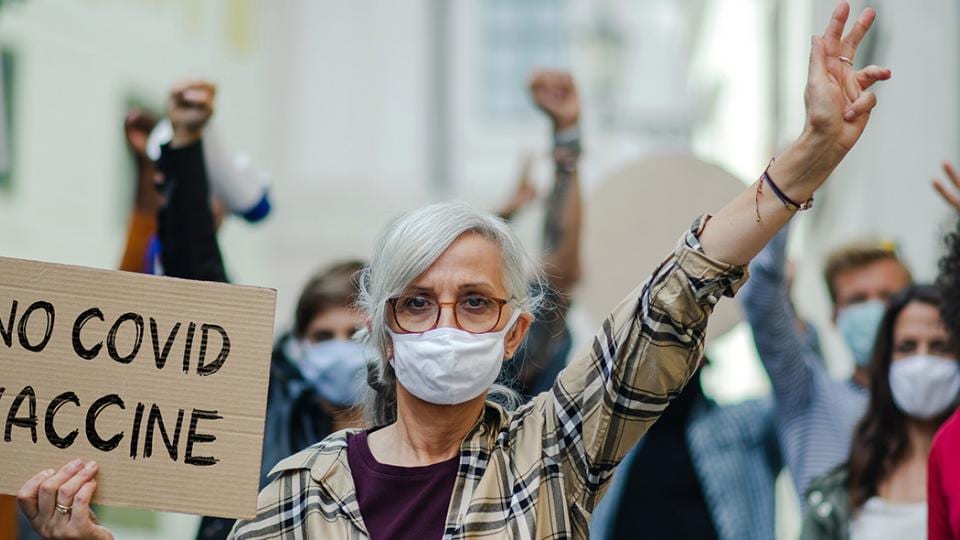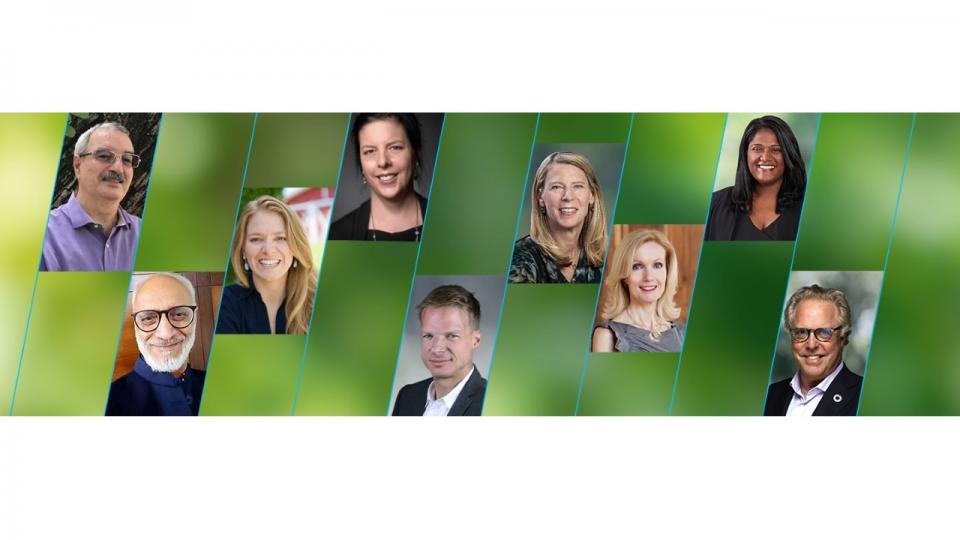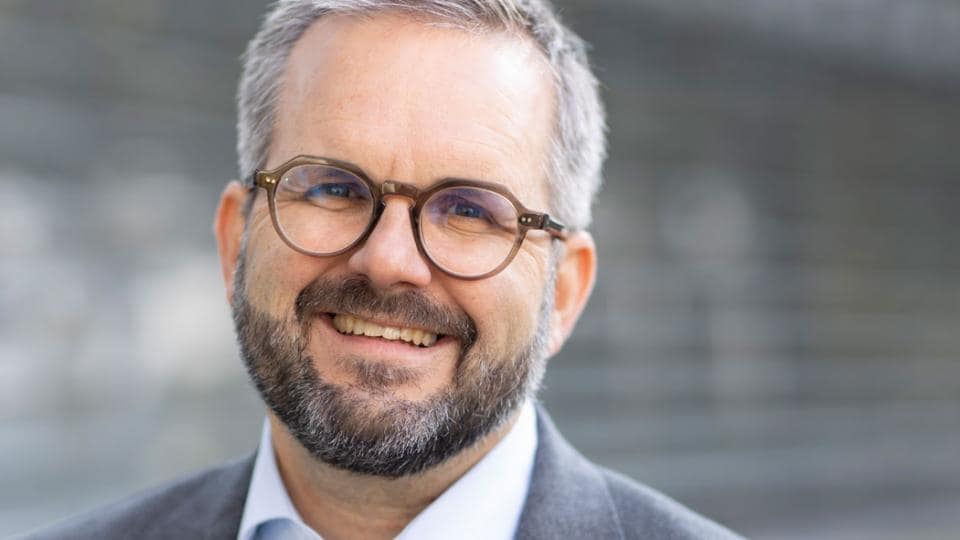Unite Behind Science!

As I write this, the world holds its breath. The global COVID 19 pandemic, the coronavirus, affects many infected and worried people around the globe. Countless doctors, nurses and medical workers are tirelessly helping on the ground. Governments are on highest alert to control the situation, talking advice from scientific experts who are learning on the fly. Healthcare companies like Bayer are also in constant contact with authorities worldwide and provide support wherever possible.
It is way too early to learn lessons from this global pandemic. We are still in the middle of it. But I believe there is a bigger question that is being touched on here where I would urge us to develop a common understanding. I’m referring to a disturbing development in recent years that has weakened trust in science and in the role of experts in general.
“For many years, scientific denialism has slowed down action.”
In the context of coronavirus, just a few days ago, the New York Times put it this way: “The failures to contain the outbreak and to understand the scale and scope of its threat stem from an underinvestment in and an under-appreciation of basic science.”
For many years, scientific denialism has slowed down action. Today, scientific consensus exists in cause and effect of climate change. Just last year, similar scientific backing was established for biodiversity loss.
Bayer is a leading company in health and agriculture grounded in scientific findings. Overall, our EUR 5.3 billion annual R&D investment puts us in the top five of all German companies and well in the top 25 globally.
Bayer employs more than 18,000 researchers and engages in some 8,000 scientific partnerships with third parties every year. We can only fulfill our purpose of “Science for a Better Life” by being a welcomed partner in the scientific community.
Given the huge global challenges in public health, food systems, and an economy that has long exceeded planetary boundaries, only relentless focus on innovation can help humanity to find and implement the solutions that will provide a path forward. In 2018, the leading 50 corporations in the world invested more than EUR 310 billion for R&D.
Distrust in science - How did it come to this?
The big dilemma is that while innovation and scientific progress is urgently needed, trust in science is more and more dwindling. I see three main trends contributing to this disturbing development:
First, we live in times where people trust their laymen peers rather than experts and new communication technology stimulates sharing of false information far more than sharing of scientifically proven facts. A scary example for this is the growing skepticism towards vaccination.
My hope is that COVID-19 will reverse this trend. Against this backdrop, it is great to see how undisputable experts in their fields regain the ear of the public, such as Chen Wei, the 54-year-old Chinese virologist who is building on the knowledge and skills she gained fighting Sars and Ebola, Christian Drosten, the director of the Institute for Virology at Berlin's Charite hospital or National Institute of Allergy and Infectious Diseases Director Anthony S. Fauci in the United States, another veteran of the Ebola crisis.
Second, industry needs to confront its well-documented history of systematically undermining scientific findings in order to postpone the usually unpleasant rendezvous with truth. For denial, sectors and individual corporations paid a price. The highest cost, however, derived from undermining the trust in the very science businesses depend on.
Third, academia falls as well in the trap. Such as when it becomes the mouthpiece of activism and presents findings as the truth even when general scientific consensus or reproducibility is low.
Out of these trends, different narratives that erode the trust in science have emerged:
- The view from the left: Science can’t be trusted because it is industry-funded and, therefore, the results are skewed.
- The view from the right: Science can’t be trusted because academia is a left-leaning enterprise deriving biased results from an intellectual monoculture.
- The view from either left or right: An overly technology-friendly ideology in the name of science can’t be trusted because collides with a romantic world view or religious beliefs.
In a climate where experts are less and less regarded, regulators are now facing an equally strong pressure. Both industry and activists need to come to grips with how unhelpful some current tactics are to society.
A new societal contract is needed
There is a broad societal majority supporting innovation to transform how we produce, consume, and live on this planet. The role of regulators is to decide the extent to which business can turn innovation into products that create value. Everyone should have an interest to strengthen science in the context of this process.
We need a societal push for innovation that helps address the biggest challenges of our time. Let’s overcome the growing societal apprehension regarding academia and industry collaboration in the scientific field. The world will only stand a chance to achieve the 2030 Sustainable Development Goals of the United Nations if trust in science is restored.
A new societal contract is needed, which states that industry must accept inconvenient truths about the limitations of its freedom to operate, with increased consciousness regarding the undeniable planetary boundaries. Conversely, other societal stakeholders need to trust in science-based risk assessments that enable innovation.





















